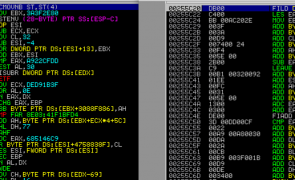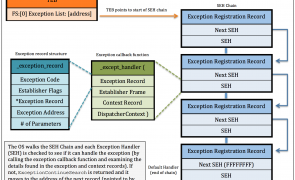Windows Exploit Development – Part 7: Unicode Buffer Overflows

Introduction In this seventh installment of the Windows Exploit Development Series, I’ll introduce Unicode Buffer Overflows. We’ll start with a brief introduction to Unicode (what it is and why/how it’s used in Windows) and then jump right in to some example exploits. If you plan on following along, I recommend you have the following: A Windows environment (XP or Win 7 — my demos will be on the latter) Metasploit, Alpha2 or…
Read more...Tags:allplayer , alpha2 , alpha3 , ansi , ascii , bladeapimonitor , buffer overflow , debugger , dumpbin , exploit , immunity , Microsoft , perl , seh , shellcode , structured exception handler , structured exception handling , unicode , utf-16 , utf-8 , venetian , venetian shellcode , win32 , windows
Windows Exploit Development – Part 6: SEH Exploits
are closed

Introduction The buffer overflow exploits covered so far in this tutorial series have generally involved some form of direct EIP overwrite using a CALL or JMP instruction(s) to reach our shellcode. Today we’ll take a look at a different approach using Windows Structured Exception Handling (SEH). Before I begin explaining the basic mechanics of Windows Structured Exception Handling (as it’s implemented in an x86, 32-bit environment) it bears mentioning that…
Read more... Security Sift
Security Sift
are closed